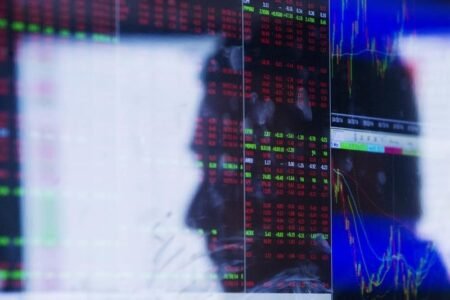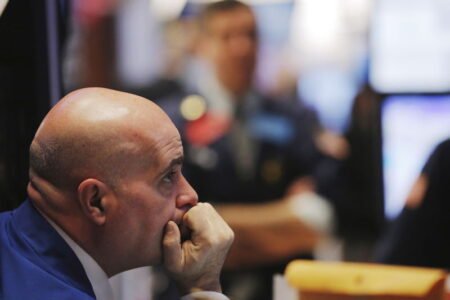By Jody Godoy
(Reuters) -Terraform Labs and its founder Do Kwon built a “house of cards” and lied to investors about the stability of a cryptocurrency whose collapse rippled through markets in 2022, a lawyer for the U.S. Securities and Exchange Commission told a Manhattan jury as its civil fraud trial began on Monday.
The SEC accused Kwon and the Singapore-based blockchain company of misleading investors in 2021 about the stability of TerraUSD, a stablecoin designed to maintain a value of $1. The regulator also accused them of falsely claiming Terraform’s blockchain was used in a popular Korean mobile payment app.
“Terra was a fraud, a house of cards, and when it collapsed, investors lost nearly everything,” SEC attorney Devon Staren said at trial.
Kwon will not attend the trial. He was arrested in Montenegro last March and is awaiting extradition to his native South Korea, where he faces criminal charges. A Montenegro court on Friday delayed his extradition after the prosecutor’s office there voiced concerns about the process.
Federal prosecutors in New York have also charged Kwon with fraud and are seeking his extradition to the United States.
Kwon designed TerraUSD and Luna, a more traditional token that fluctuated in value but was closely linked to TerraUSD.
The SEC estimates investors lost more than $40 billion on the two tokens combined when the TerraUSD peg to the dollar could not be maintained in May 2022.
Their collapse also dragged down the value of other cryptocurrencies, including bitcoin, and caused wider havoc in the crypto market, leading several companies to file for bankruptcy in 2022.
The SEC says Kwon and Terraform secretly arranged to have a third party purchase large amounts of TerraUSD to prop up the price when the stablecoin slipped from its peg a year earlier, in May 2021. The regulator said Kwon falsely attributed the recovery to the reliability of TerraUSD’s algorithms.
The SEC also claims Kwon and Terraform falsely touted Terraform’s blockchain as being used to process and settle transactions between customers and merchants on the Chai payment app.
Kwon and Terraform have denied wrongdoing and said the SEC took statements by Kwon and other Terraform employees out of context.
The SEC is seeking civil financial penalties and orders barring Kwon and Terraform from the securities industry.
U.S. District Judge Jed Rakoff granted the SEC a partial win in December, ruling that Terraform Labs had unlawfully sold digital assets without registering them as securities.
The judge dismissed the SEC’s allegations that Terraform and Kwon illegally offered security-based swaps through a feature that let users create digital assets that mirrored the price of another asset, such as a different cryptocurrency or stock.
The judge has not yet determined the amount of damages that Terraform must pay, but the company, which filed for bankruptcy protection in January, has said a penalty could exceed its assets.
Read the full article here

















